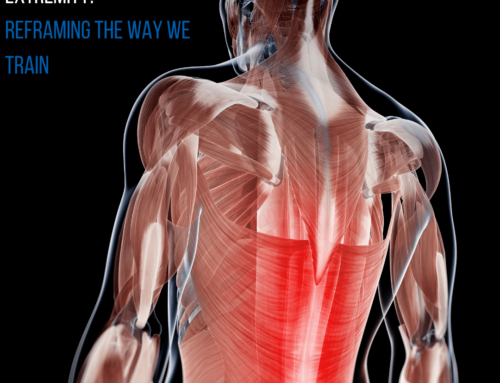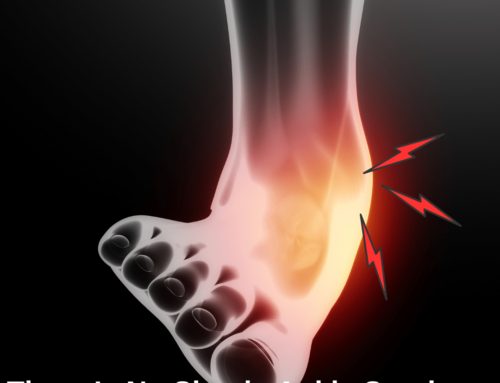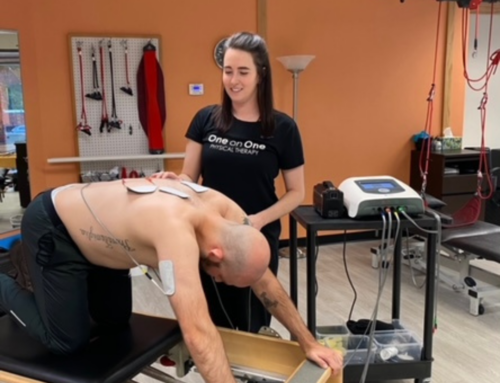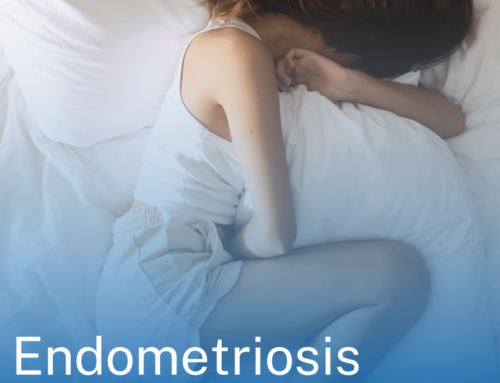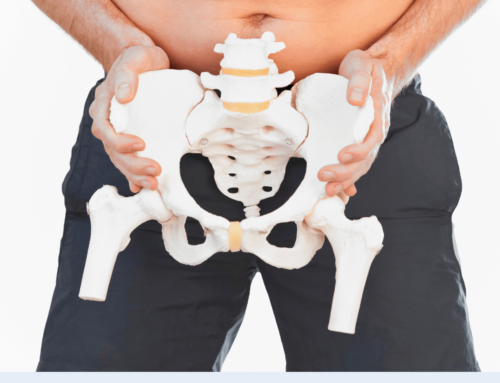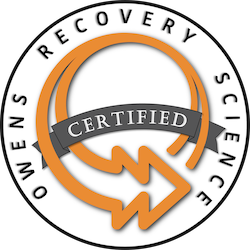Oh Baby! Common Pregnancy Conditions and What Physical Therapists Can Do To Help
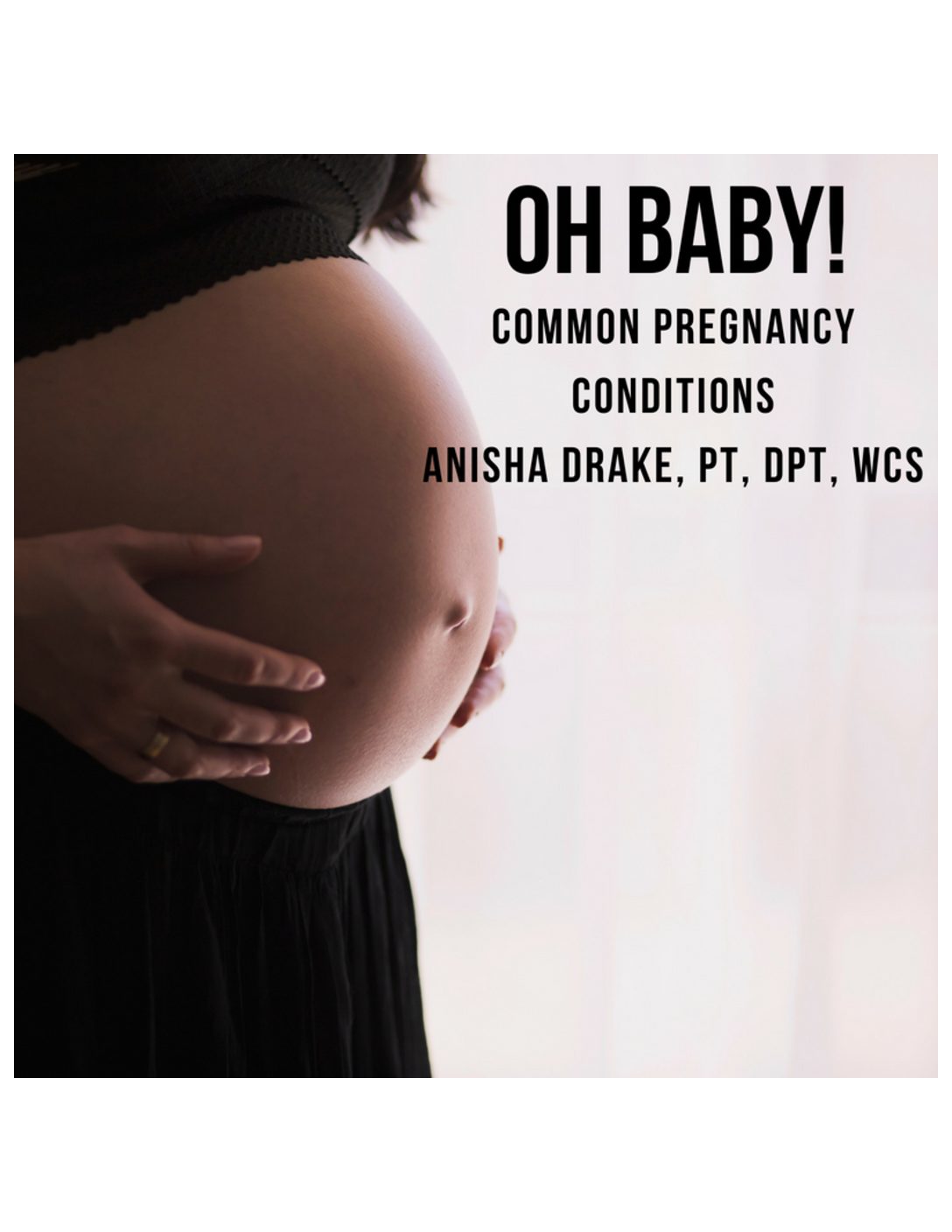
Dr. Anisha Drake, PT, DPT, WCS
Many of the structures in the body change during pregnancy. As the ligaments stretch, the rectus abdominis muscles split, the organs get moved around, and the brain is finding new and efficient ways to move the body. In the past, much of the complaints pregnant women had during pregnancy were given a sympathetic nod and a promise it would get better. However, new research shows that this is not always the case. Although discomfort with our growing body is normal during pregnancy, pain is not. Some women who complain of back and sacral pain during pregnancy will most likely continue to have pain after birth. Listed below are three of the many conditions one can experience during pregnancy and what to do about them.
Urinary Frequency
With pregnancy, the uterus rises into the abdominal cavity and often sits above the bladder. As your little one develops, the bladder will have less room to expand, which causes the bladder to fill up quicker making you urinate more. With urinary frequency, it is easy to fall into the trap of drinking less fluids or going “just in case”, but this will lead to symptoms lasting beyond the birth. Make sure you are taking in a proper amount of hydrating fluids, and when your bladder tells you it’s time to go, walk slowly to the bathroom. If you feel you have to rush to the bathroom or you leak on the way, talk to your doctor about seeing a physical therapist as we can help your brain and bladder reconnect, making your life easier.
Back pain
Often pregnant women get told back pain is normal during pregnancy. However, even though our center of mass is changing and there is an increase load on your joints and muscles, pain during pregnancy is not normal. If you are cleared to remain active during pregnancy, keeping your strength up will help maintain some stability in your already overstretched ligaments. Stay away from over stretching even if your muscles feel tight. Supportive garments like bras and pregnancy belts can support your joints and help decrease the pain you are experiencing. Physical Therapists are trained to provide safe exercises and movement strategies to help prevent injury post birth.
Varicosities
During pregnancy, the body produces approximately 50% more blood and body fluids to meet the needs of the developing baby. Swelling is a normal part of pregnancy that is caused by this additional blood and fluid. However, as the deep veins swell, the valves within the veins have difficulty closing causing “retrograde flow”, which can lead to varicose veins in the legs, vulva, and wrists. Supportive garments can help provide external pressure to decrease retrograde flow. Physical Therapy can provide taping techniques, exercises and manual lymph drainage techniques to improve blood flow.
These are just three conditions one might experience when pregnant. But whatever you feel, just know there may be a likely solution to help you during your pregnancy, so ask your doctor for a referral to a Physical Therapist, or talk to your friends as they may know a great Physical Therapist to refer you to! At One on One Physical Therapy, we have several Physical Therapists who can support you during and after your pregnancy. Taking time now to alleviate your symptoms will give you more time to enjoy when your baby when they arrive!
Dr. Anisha Drake is a Board Certified Women’s Health Specialist at One on One Physical Therapy. She treats pelvic pain, post-prostectomies, urinary/fecal incontinence, constipation/ IBS, pelvic congestion, Interstitial Cysitis, diastasis rectus abdominis and endometriosis as well as overactive bladder. Anisha received her Doctor of Physical Therapy from University of Saint Augustine in 2009. To contact Dr. Drake, email her at anisha@onetherapy.com
